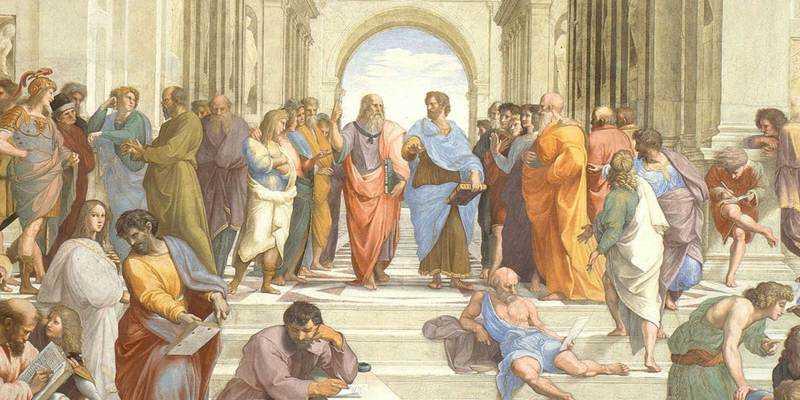Ancient Greek Philosophy
- Ancient Greek philosophy extends from as far as the seventh century B.C. up until the beginning of the Roman Empire, in the first century A.D.
- It distinguishes itself from other early forms of philosophical and theological theorizing for its emphasis on reason as opposed to the senses or the emotions.
- During this period five great philosophical traditions originated: the Platonist, the Aristotelian, the Stoic, the Epicurean, and the Skeptic.
- Favorite themes include the principle of reality, the good; the life worth being lived; the distinction between appearance and reality, etc.
368
2.08K reads
CURATED FROM
IDEAS CURATED BY
The idea is part of this collection:
Learn more about personaldevelopment with this collection
Leonardo da Vinci's creative process
How to approach problem-solving like da Vinci
The importance of curiosity and observation
Related collections
Read & Learn
20x Faster
without
deepstash
with
deepstash
with
deepstash
Personalized microlearning
—
100+ Learning Journeys
—
Access to 200,000+ ideas
—
Access to the mobile app
—
Unlimited idea saving
—
—
Unlimited history
—
—
Unlimited listening to ideas
—
—
Downloading & offline access
—
—
Supercharge your mind with one idea per day
Enter your email and spend 1 minute every day to learn something new.
I agree to receive email updates
